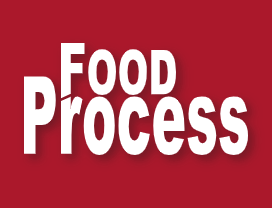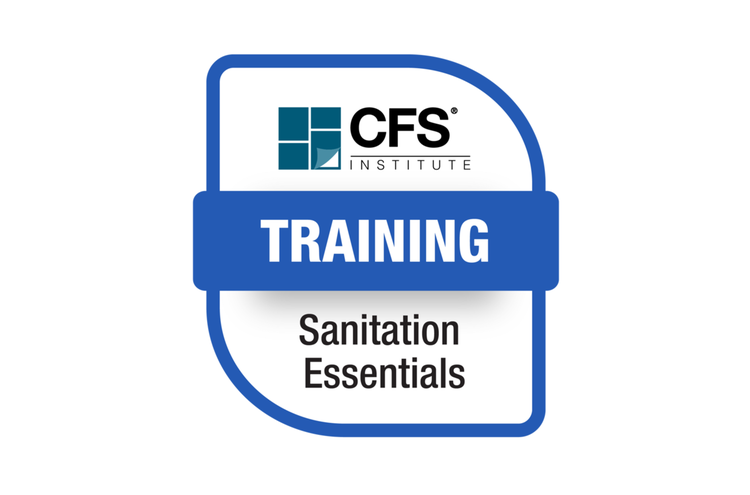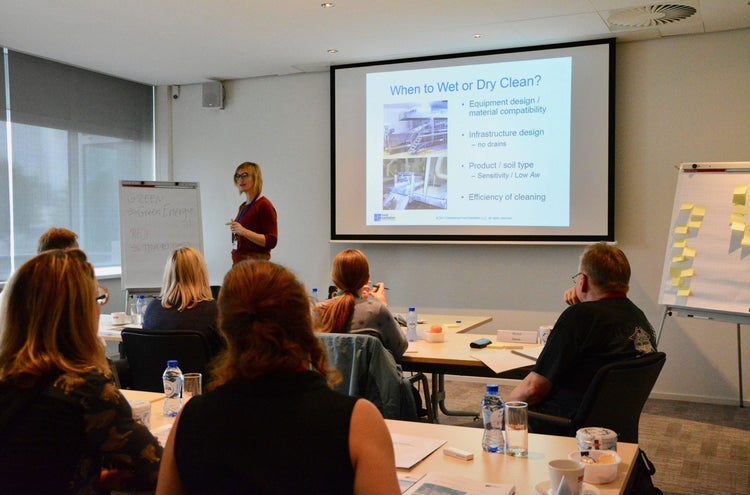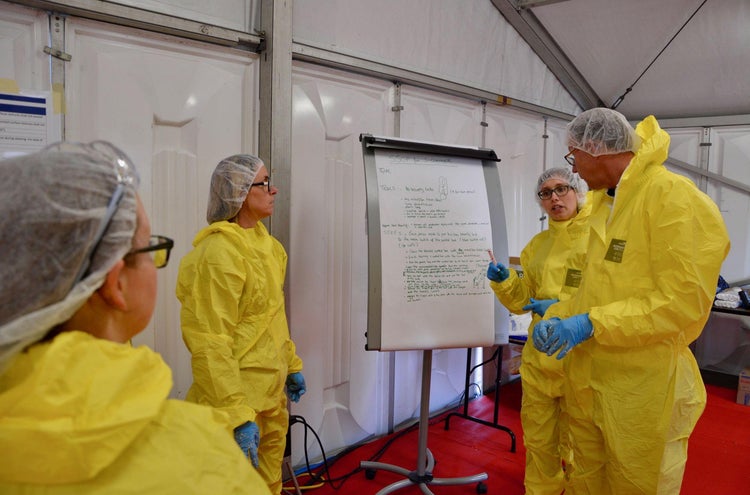Create SSOPs - Standaard reinigingsprocedure opstellen

Accurate, clear, and detailed
In the food industry you’ll typically find people from various nationalities and turnover is not uncommon. For that reason it is important to have standard operating procedures for cleaning and disinfection. Such an SSOP (Standard Sanitation Operating Procedure) has to provide an accurate, clear and detailed description of all required actions and tools.
The original publication of this article was in Dutch language. Continue to read the full article in Dutch...
Accuraat, duidelijk en gedetailleerd
Omdat er in de voedingsindustrie typisch mensen van verschillende nationaliteiten tewerkgesteld zijn en omdat het personeel wel eens verloopt, is het belangrijk om standaardprocedures voor de reiniging en ontsmetting neer te schrijven. Op zo’n SSOP (Standard Sanitation Operating Procedure) moeten alle handelingen en hulpmiddelen accuraat, duidelijk en gedetailleerd omschreven staan.
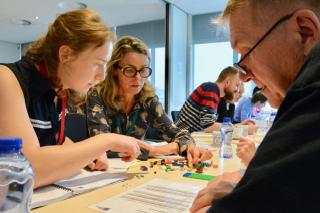
“Om ons de voordelen van een welomschreven procedure duidelijk te maken, kregen we eerst een slecht voorbeeld voorgeschoteld”, zegt Judy Inghelbrecht, kwaliteitsmedewerker bij diepvriesgroentebedrijf Ardo, site Koolskamp. “We kregen de eenvoudige opdracht een figuurtje samen te stellen, maar de instructies waren niet gedetailleerd en lieten ruimte voor eigen interpretatie. Na vijf minuten had elke groep dan ook een ander resultaat op de tafel liggen. De tweede instructiefiche daarentegen was voorzien van foto’s, waardoor we veel sneller bij de beoogde constructie uitkwamen. Dit veegt overigens ook al eventuele taalproblemen van de baan.”
In de daaropvolgende workshops moesten beide teams zelf een SSOP opstellen, met daarop de 7 eerder uitgestippelde reinigingsstappen.
Multiple times a year, Commercial Food Sanitation offers ‘Sanitation Essentials Training’ courses in the European headquarters of its mother company Intralox in Amsterdam.
As a trade magazine we were invited to follow two Belgian participants during this three day course: Sarah Vandemoortele en Judy Ingelbrecht, both Assistant Quality Managers at vegetable processor Ardo in Koolskamp. They learned about the importance of food safety, hygienic design, and took matters into their own hands during the practical workshops. In a blog series Food Process Vakblad follows their experiences.
